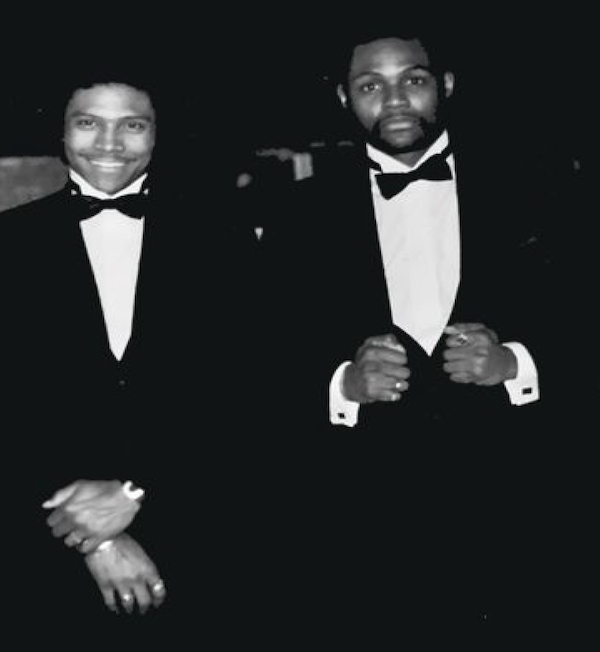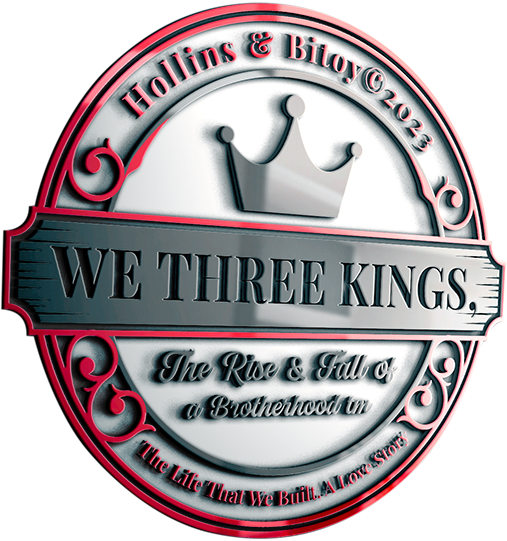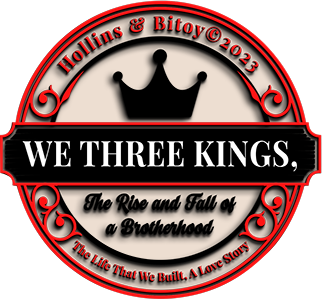Your cart is currently empty!
Calvin Hollins
At a very young age, Calvin knew that a survival strategy was an essential component to his journey so he created one that included his street smarts coupled with his educational theory on economic advancement. To Calvin, this strategy, this theory, would result in a profound and momentous impact on his life. Because of his upbringing, unlike many young black men during the 1950s, his life was fairly uncomplicated. He cared about money, he cared about women, and he cared about his social status in this world, so every hustle, every encounter, every move that Calvin made was geared toward building an empire. Slowly but surely, he executed his well-thought-out plan on how to succeed in life, not knowing that a chance encounter with Ron Briskman, by way of “Dingbats” would provide him with the means to finally make his plans a reality.
John Bitoy
John came from humble beginnings, and like most young men from the 1950s, he recognized that there were more ways to skin a cat. He was born a hustler. He was raised to obey his parents or pay the price, and for the most part, John paid the price. During this era, there was much talk about change and economic growth but looking through the window pain of his house, it appeared that while the working class of whites saw big improvements in wages and status, blacks were excluded and continued to face insurmountable obstacles. John was a loner and mostly kept to himself, but he was thirsty for those equal opportunities he kept hearing about. So to fuel his high aspirations, his hustle became all-consuming, and although his childhood could have shaped him into a very angry man, instead it instilled in him a strong desire and determination for more, for better, for success.


The Life That We Built, A Love Story by Calvin Hollins & John Bitoy
It was, perhaps, not by accident, but by design, that during an era when the black power movement was emphasized and embraced, and black people demanded more equal rights, that there was a shift in the stereotype of how Black men should love themselves, their women, the world, and other back men.
Our bond was unbreakable and abiding, and from the very beginning we established that “when I move, you move”., type of energy that challenges black men, against all odds, to become legends.
We were brothers, until we weren’t.
Book written by Chrystal Lemons Parsons
